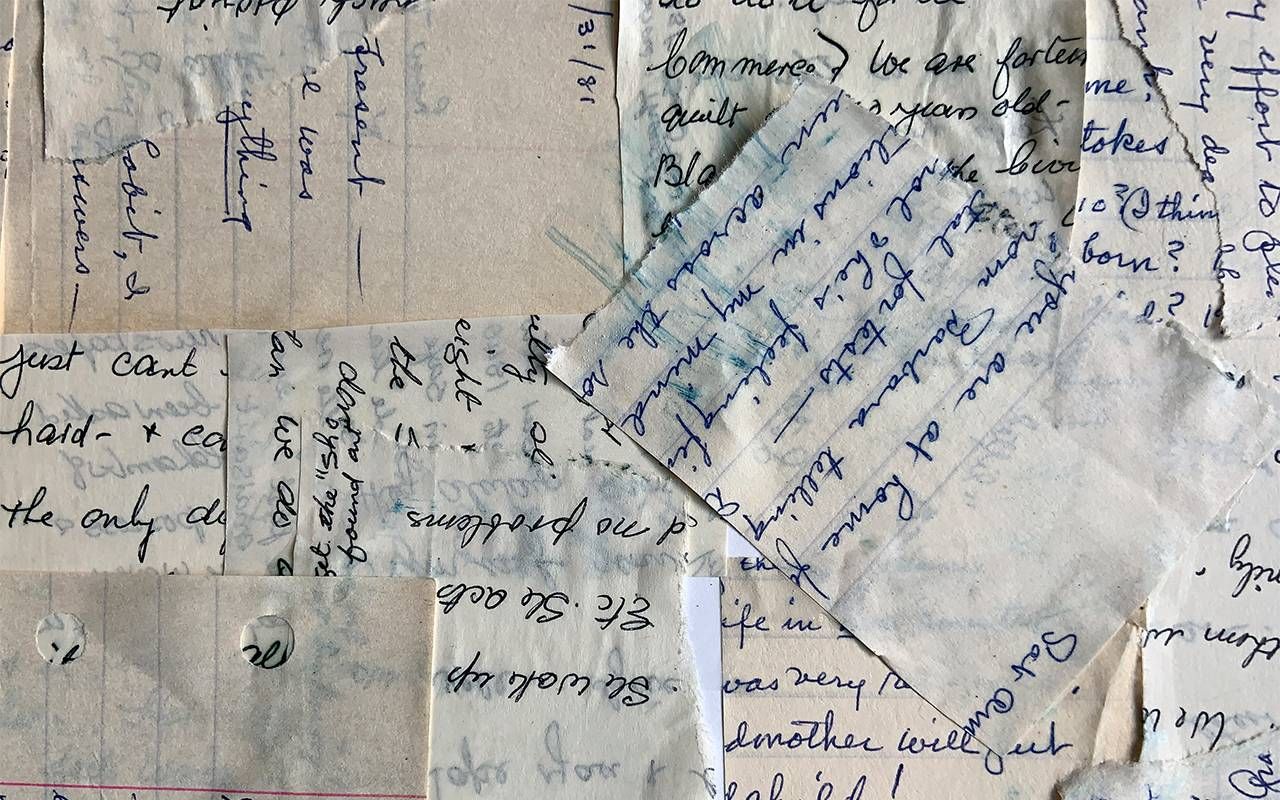
[This article first appeared in www.Rewireme.com in 2016.]
It's a scientific fact: experiences change markers on the DNA of traumatized people, and these markers can be passed to future generations—making them more likely to deal badly with stress. However, the good news is that since we know that this adaptive evolutionary process happens, we can consciously choose to use it in the opposite direction—creating a legacy of positive conscious change.
I am sitting in the cluttered office of Rachel Yehuda, Ph.D., the very vibrant and very busy Professor of Psychiatry and Neuroscience, Director of the Traumatic Stress Studies Division at the Mount Sinai School of Medicine, and Director of Mental Health at the James J. Peters Veterans Affairs Medical Center in the Bronx, NY. I am here because of the results of two of her studies on the transgenerational effects of trauma on the DNA of the offspring of Holocaust survivors and mothers who were pregnant and traumatized by the 9/11 terrorist attacks. But I quickly learn that these studies are but stepping stones in a research journey that has been going on for decades. And it is the accumulation of stepping stones that has led Yehuda and her team to know how to interpret the epigenetics ("the study of the molecular mechanisms by which environment controls gene activity") of the Holocaust and 9/11 trauma legacy studies.
"We've been saying versions of [the study results] for a really long time," Yehuda says. But the irrefutable finding of a chemical mark on a gene that is passed from parent to child has given validation to something many people sense.
"There's no particular reason to believe that the findings would be limited to the populations that we've studied," explains Yehuda. "It's hard to imagine that if there were such a thing as transmitted effects of trauma or reactions of the offspring to parental trauma that this would only occur for some traumas and not others. So we've got to imagine that this is going to somehow be a universal phenomenon." However she emphasizes the need for more scientific studies in different groups of people.
"I think that people are resonating with [the findings]," she continues, "because they see it for what it probably is which is something more universal that explains a lot of things that have really not had the proper words by way of explanation. People do feel that somehow the experiences from their parents and generations past are meaningful in some way. Epigenetics gives us a language, a vocabulary to begin to talk about these kinds of phenomena.
"I think that people who feel traumatized know that something isn't what it should be, but sometimes they have difficulty connecting how they're feeling to an event. Or perhaps they feel that they're exaggerating or have an exaggerated response to an event. And what concepts like this—concepts of sensitization or things like that—have going for them is that they help us understand why our response to the environment isn't just a response to what's happening to us but may be more of a collective response to how we're looking at things based on events that might have occurred in prior generations. So maybe it's like an overwriting on the genes in some way."
So how can we use this information? Read More









